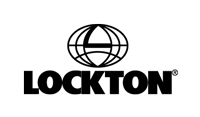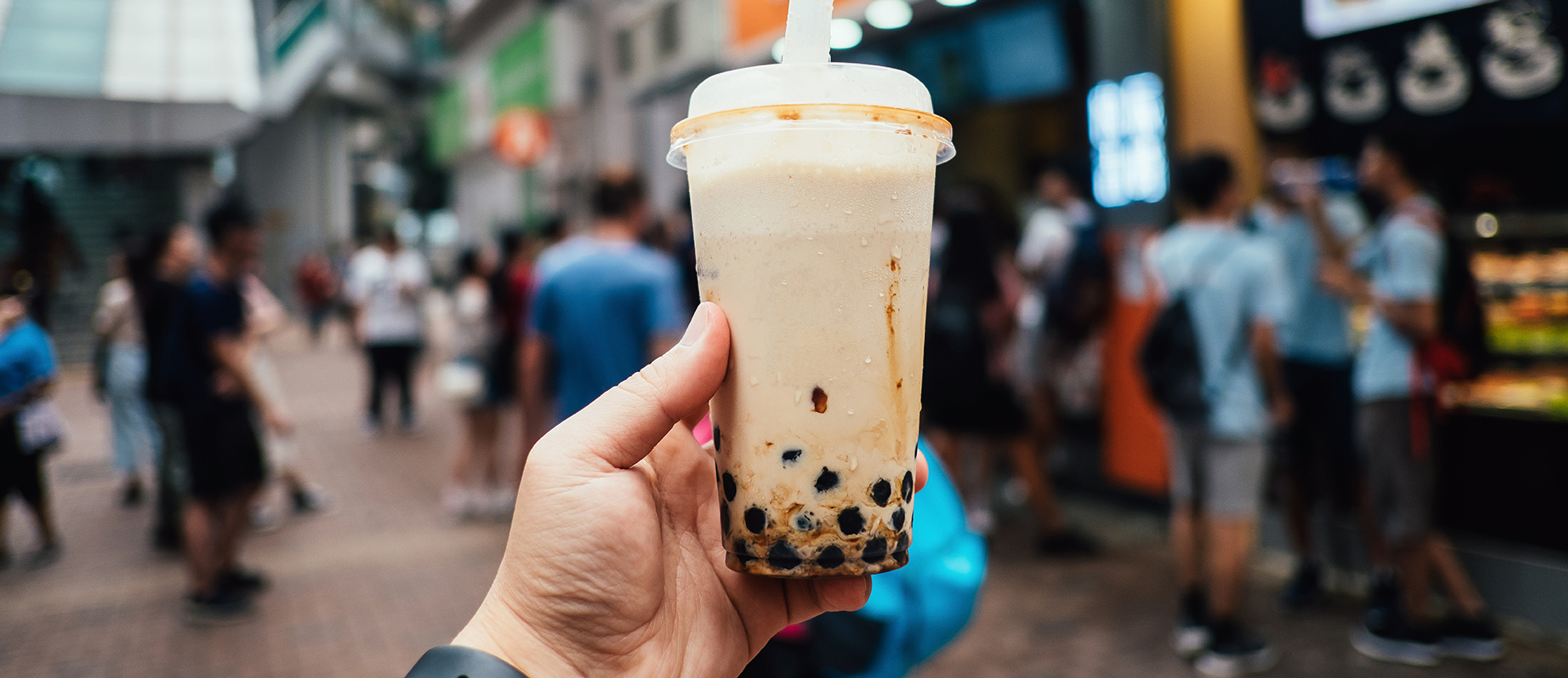One more line of defense for long-term business operation with no more worries
It is summer vacation time and the peak season for the sales of milk tea – the hip beverage wildly popular among young people in China. Many milk tea brands recommended by social media influencers have appeared into public view. However, food safety in this “new tea” industry has become a major concern of the society.
Earlier this year, the news about “ice blanc milk” (non-hydrogenated thick milk) triggered heated public discussion about the impact of these food ingredients and additives to our health. During the “World Consumer Rights Day” in March, a reporter investigated many “influencer milk tea shops” in undercover and exposed a lot of food hygiene and safety problems.
A popular online complaint channel has gathered some tens of thousands complaining threads about “milk tea” and quite a few of them focused on food safety. Since 2021, Shanghai and many counties’ market regulatory departments have conducted surprise inspections on milk tea shops in their city area to ensure business operation order and to put forward stricter requirements on enforcing consumer rights and controlling food safety. On 2 December 2024, the website of China Consumers Association in Beijing has published the “2024 Investigation on Beijing’s Catering and Food Safety”. According to the data, there are more than 20 outlets being discovered with food safety problems even for a famous milk tea brand. On the chart about brands of restaurant chains in question, the top two spots are milk tea brands. Those brands which have been called out in the report have risks of contamination and carrying germs in their food products. Litigations and claims will arise in the cases of food safety events.
On 23 March 2025, the General Office of the State Council has issued “Food Safety Supervision Across The Entire Supply Chain”, a guideline that food manufacturers, sellers and online retailers should be aware of, with some important points such as:
- Strictly implementing regulatory duties on the quality and safety of edible agricultural products
- Refining the Food Safety Inspector System
- Strengthening safety management of food shipping
- Intensifying the main responsibilities of online food retailers
- Strengthening collaborative governance on issues of food safety for online shopping
On 24 June, the draft amendment of Food Safety Law was first submitted for review in the meeting of the 14th National People’s Congress Standing Committee. It focuses on the regulations on the bulk transport of liquid food and infant formulas of fluid milk. While requiring both businesses and authorities to safeguard the baseline of food safety, it also suggested increasing the severity of punishment to any violation of the Food Safety Law.
Following the continuous improvement in food safety regulations and monitoring operation in each sector, it demands a higher standard in every segment including assessment of food safety risks, standard-setting of food safety, business licensing of food production, food inspection/testing and handling of food safety events.
All of these have put tremendous pressure on their business operations. For food providers, besides enhancing the management of food production and raw materials while ensuring compliance with regulations, seeking protection against food safety risks for their companies with Food Safety Liability Insurance policies has become a top-priority risk prevention measure.
What does Food Safety Liability Insurance cover?
Businesses involved in production, sales and logistics in the food industry can become the insured of this kind of policies. Coverages:
- The insurer is responsible for the loss claims from the financial liability of the Insured, according to the laws and regulations of the PRC, induced by the errors or omissions in business operations in appointed operating sites that cause food poisoning, foodborne illnesses, disability or death of a third-party due to ingestion of the food provided by the Insured.
- After a food safety event, the insurer will be responsible for the claims on any arbitration or litigation costs and the legal costs that the insurer agreed to pay beforehand from the arbitration or litigation against the Insured due to the event.
- According to the specification of the Insured’s products, it could extend the coverage to the risk of Product Recall. It covers the induced cost of transport, repackaging, etc., by Product Recall.
Below are some of the relatively special exclusions in Food Safety Liability Insurance:
- The intentional acts of the victim, his/her acts of wrong usage, own physical constitutions, autoimmune diseases.
- Failure in the health care functions of the food. Staple and complementary food that is marketed specifically for infants are found to be below nutrition standards.
- Exemplary damages such as fines to food production businesses ordered by regulatory authorities or justice departments.
A study on typical civil cases about Food Safety
An Information Technology Co., Ltd. opens an online store on an e-commerce platform and sold imported vitamin capsule food. Jiang bought 30 bottles of vitamin capsule food from the online store and paid a total of CNY8,000. In accordance with the provisions of the Reply of the Former China Food and Drug Administration on Issues concerning Determination of the Nature of Food Containing Non-Ordinary Food Raw Materials and the National Food Safety Standard–Standards for Uses of Food Additives (GB2760-2011), food additives were illegally added to the vitamin capsule food. Therefore, Jiang filed a lawsuit against the information technology company on the ground that the vitamin capsule food sold by it on its online store violated China’s national food safety standards and requested that the people’s court should order it to bear the compensatory liability for punitive damages.
The court found that the imported food product has gone through China’s inspection and quarantine procedures of the State Administration for Enter-exit Inspection and Quarantine. However, it does not necessarily mean that it has fulfilled the Food and Safety Standard in China. In addition, the imported food has additives in its ingredients which did not comply to China’s Safety Standard. The court supported the plaintiff’s claims and litigation requests.
In this case, Jiang has consumed the aforementioned capsules and resulted in adverse effects (food poisoning or foodborne illness) in his body. The related costs arising from this event, which include medical fees and cost of lost labour, can be covered by Food Safety Liability Insurance. However, the penalties imposed by the court belong to the exclusion of this type of policy and cannot be covered by insurance.
In early 2020, Li purchased a certain frozen food from a supermarket. He fell ill and had symptoms like vomiting etc. after consuming the food. He was diagnosed as food poisoning after medical consultation.
The State Food and Drug Administration inspected the leftover food and concluded that it contained E-Coli beyond the required standard and imposed an administrative penalty on the food manufacturer according to law. In March, Li filed a claim of RMB12,000 to the food manufacturer on medical expenses and cost of lost labour and another RMB 100,000 on moral damage. Through negotiations, they reached an agreement on compensation in June.
In August, Li was admitted to a hospital due to “aftereffects” and filed claims again to the food manufacturer on medical expenses and cost of lost labour. Their Food Safety Liability Insurance policy paid RMB 1,2000 in total for bodily injury due to food poisoning and reimbursement of medical expenses and cost of lost labour. Moral damage was an exclusion in this policy. Even when the court had a final verdict that the food manufacturer should pay for moral damage, the policy would not cover this claim.
Food Safety Liability Insurance has an important characteristic that it covers the first claim of the same event. Unless Li’s second treatment was a confirmed sequela, it will not be covered by the policy.
On 22 October 2018, Li bought a bag of “Chinese Steamed Bread” and found that the food has expired. He alleged that the action of the seller has violated the Food Safety Law (Order of the President of the People’s Republic of China No. 21) in Article 34 about “Labels and user instructions for food products or food additives shall not contain false or exaggerated information” and filed a lawsuit. The court’s final verdict was that the seller should return Li the price of the good and pay him RMB 1000 as compensation.
Food Safety Liability Insurance has an exclusion in a third party who consumed food products beyond the best-before date or any improper acts of consumption or drinking. The food manufacturer has no strict liability to the sales of expired food products by the seller. Therefore, in this case, the coverage of Food Safety Liability Insurance of the food manufacturer has not been triggered. The seller should bear the consequences of selling expired products.
If you wish to learn more about Food Safety Liability Insurance, please feel free to contact our Corporate Risks team.

